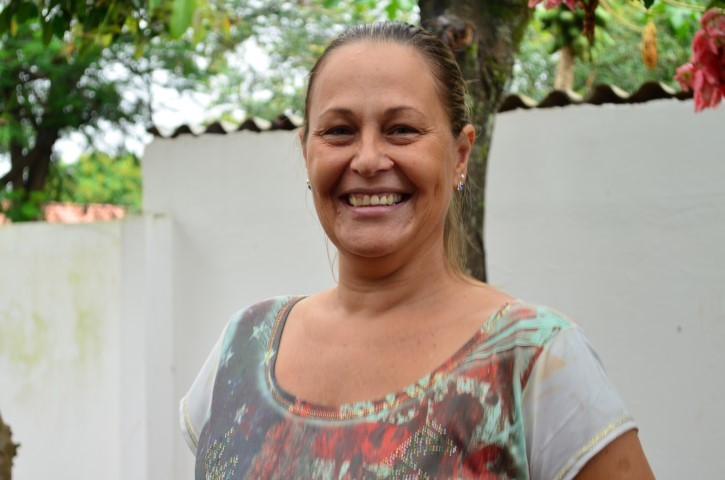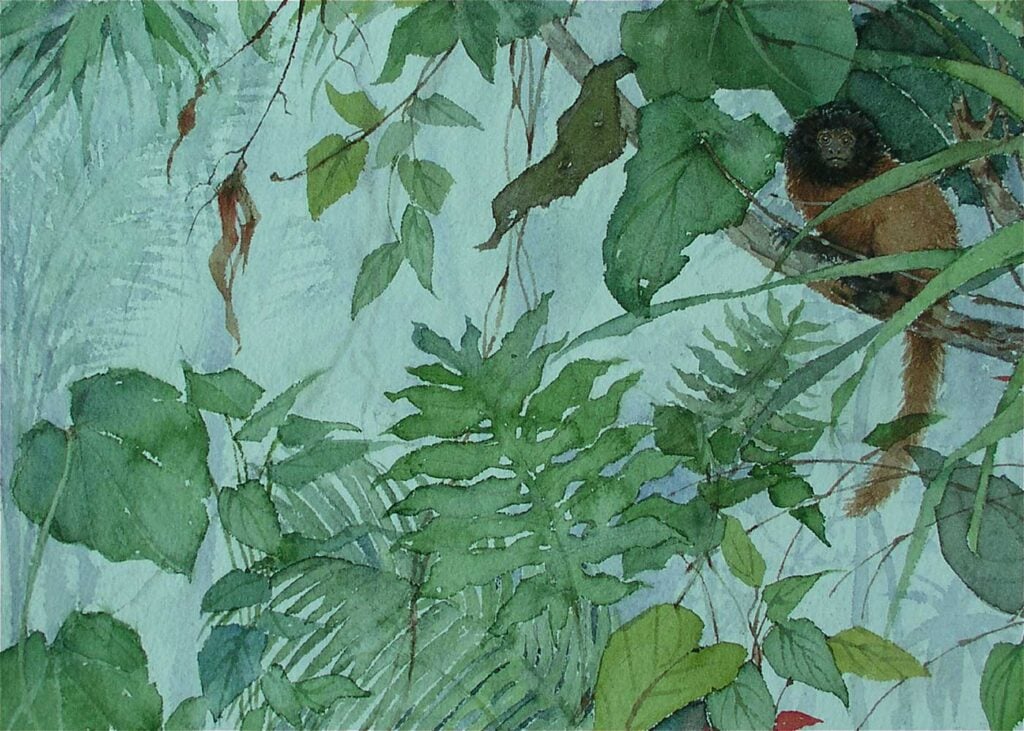Onde Estamos
Rod. Dom Pedro I, km 47
Nazaré Paulista, SP, Brasil
Caixa Postal 47 – 12960-000
Tel: (11) 3590-0041


O projeto está orientado na direção de promover a conservação dos recursos florestais, dos recursos hídricos, a neutralização de emissões de CO2 (gás carbônico) e a garantia dos serviços ambientais em áreas público-privadas no entrono de Unidades de Conservação da Mata Atlântica do extremo oeste paulista.

A partir de 2021, o projeto Corredores de Vida realizado desde 2002 pelo IPÊ – Instituto de Pesquisas Ecológicas passou a contar com as ações ampliadas pela parceria entre IPÊ e a Biofílica Ambipar Environment. Juntos, IPÊ e Biofílica realizam o projeto AR (Afforestation / Reforestation) Corredores de Vida (Carbono) com foco na geração de créditos de carbono a partir da restauração florestal da Mata Atlântica na região no Pontal do Paranapanema, no extremo Oeste Paulista.

Os viveiros agroflorestais produzem mudas de espécies da Mata Atlântica que são usadas pelos assentados em suas propriedades. Além disso, são fonte de renda para famílias e de conhecimento para estudantes no Pontal do Paranapanema.

O Programa de Conservação do Mico-Leão Preto foi a semente para a criação do IPÊ. Os esforços de conservação iniciaram ainda em 1984, quando Claudio Valladares Padua decidiu mudar completamente de vida para se dedicar à conservação dessa espécie rara, que um dia foi considerada extinta da natureza, mas que foi redescoberta nos anos 70.

Em 1996, o IPÊ iniciou um programa inovador de pesquisa e conservação focado na anta brasileira da Mata Atlântica da região do Pontal do Paranapanema (SP).

Os Sistemas Agroflorestais (SAFs) são sistemas produtivos que potencializam a produção de forma sustentável equilibrando ganhos econômicos, sociais e ambientais. Há mais de 20 anos, o IPÊ vem trabalhando com esse sistema no Pontal do Paranapanema, junto a assentados rurais, em uma área de grande impacto para a proteção da Mata Atlântica e toda a sua biodiversidade.

Os pesquisadores do IPÊ trabalham o extensionismo rural com agricultores da região a fim de que eles contribuam com a restauração da Mata Atlântica e, em contrapartida, aumentem seus ganhos com a plantação e venda de buchas.

O Programa de Educação Ambiental “Um Pontal Bom Para Todos” é um trabalho que integra diferentes atores na mobilização da conservação dos recursos socioambientais do Pontal do Paranapanema, extremo oeste de São Paulo (SP). Por meio da realização de projetos que se complementam entre si, o programa é um dos pontos-chave do Modelo IPÊ de Conservação.

O projeto busca informações de campo sobre o tamanho populacional, estado de conservação genética e os padrões de dispersão de grandes mamíferos do Parque Estadual Morro do Diabo e de remanescentes florestais do Pontal do Paranapanema (SP).

Rod. Dom Pedro I, km 47
Nazaré Paulista, SP, Brasil
Caixa Postal 47 – 12960-000
Tel: (11) 3590-0041
Termos de Uso | Política de Privacidade | Ouvidoria
Copyright © Ipê – Instituto de Pesquisas Ecológicas.
Email: [email protected]